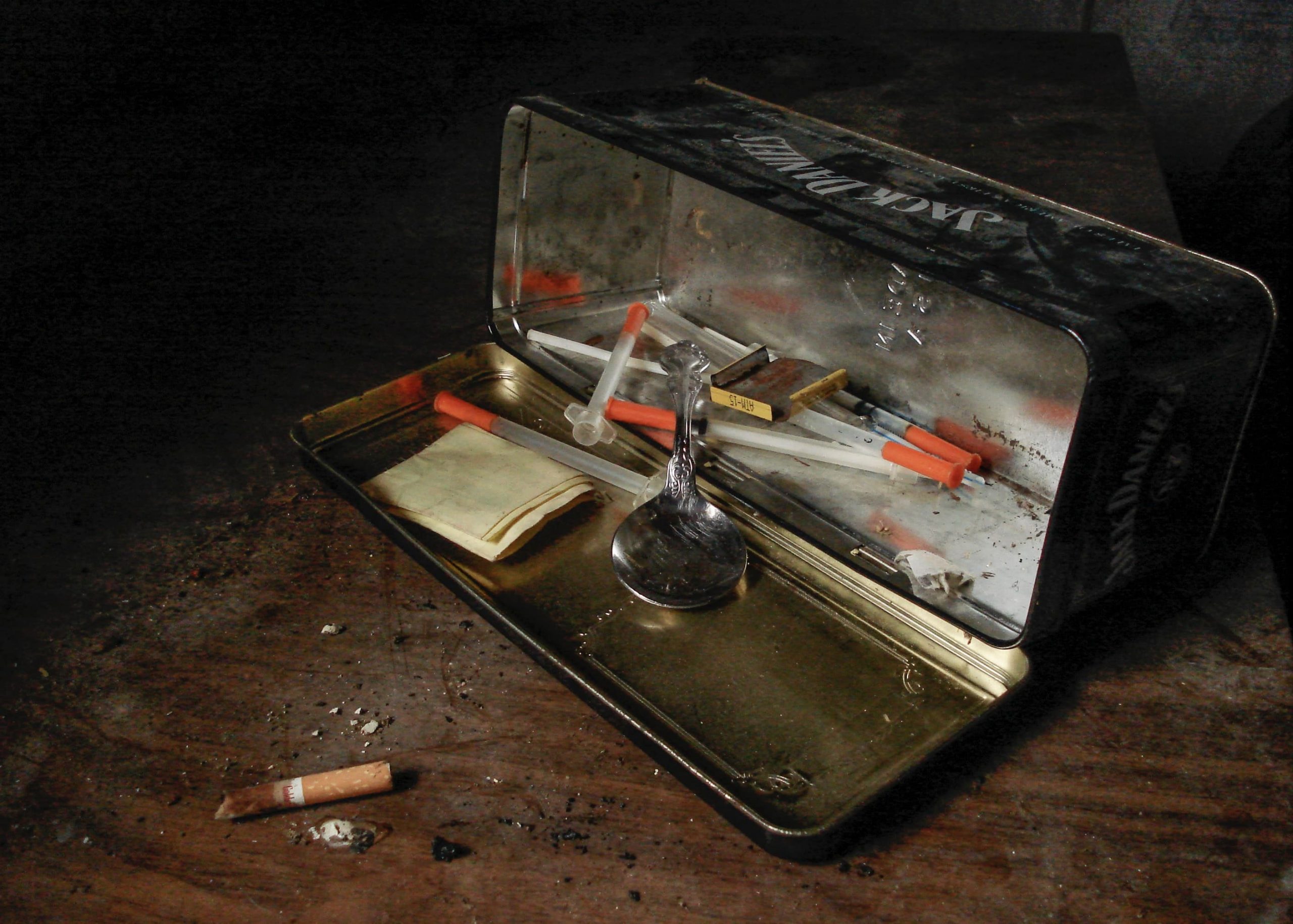Being the parent of a troubled teen who is abusing drugs can be overwhelming, and it can come with a significant amount of guilt. You may feel guilt at how your teen is behaving. You may also feel guilt that your teen’s behavior could be due to something you’ve done or said.
There can be so much confusion and fear surrounding drug abuse in your family. Before you allow it to consume you and start to negatively impact your relationship with your teen, there are some things to take away about drug abuse. And about the behavior that your teen is modeling.
Lessons for parents of a drug addicted teen
Lesson One: You should not feel guilty
Even in situations where addiction is seen on the family tree, your troubled teen’s drug abuse problems are not your fault. While you may not be to blame for your teen abusing drugs, you do play a critical role in helping your troubled teen find the path to sobriety.
Several studies recognize family factors as an influential part of whether a teen uses or abuses substances. However, these same studies also indicate that parents are rarely directly to blame for drug abuse in their children. The exception would be if there is heavy drug abuse seen within the home, and the drug use is normalized.
The guidance of parents and the ongoing support of parents are more often pointed to as being a critical part of helping teens break free from drug use. Working as a family can prove to be much more effective in helping teens with substance abuse concerns.
Lesson Two: A hard line is not the solution
Things at home can be quite stressful and tense. It can be easy to find yourself angry, frustrated, and taking extreme positions on the behaviors your teen is displaying. Your fear may also be contributing to you considering taking that harsh stance. As is the case with most situations surrounding your child, the extreme rarely works.
Some treatment professionals may recommend that parents draw the hard line in the virtual sand and take those firm positions to try to convince their child to alter their behavior. Kicking them out of the house, locking them in their bedroom, or taking off their bedroom door are just some of the extreme measures that some are tempted to take.
Generally speaking, these types of punishment do not work. They may instead drive a larger wedge between you and your already struggling teen. Another side effect of this is that it can reduce the positive influence that family can have on a troubled teen.
You may feel that you are out of options and that a serious, firm stance is your next best solution. Your other children may be struggling, your marriage may be in turmoil, and you may be completely exhausted.
Some of the steps that you can consider taking include:
- Have a serious discussion with your troubled teen. Reassure them of how much you love them and how you will always be there to support them. Explain that their behavior cannot continue, drugs and alcohol cannot continue to be a factor in their life.
- Consider moving your troubled teen to a new school district for a fresh start. This can help them break away from the negative influences that may contribute to their drug abuse.
- Get professional help from therapists and treatment facilities. It’s admirable to want to resolve family issues on your own. Still, the reality is that some situations cannot be handled without the guidance of professionals who have experience with drug abuse.
Lesson Three: Parents are more important than you may believe
You may feel like nothing you are doing is right when it comes to your troubled teen. This is quite common, whether the teen is using drugs or not.
Have you found yourself having some of the following thoughts or doubts?
- He never listens to me
- He doesn’t want to hear what I think
- He only listens to other people
- He won’t talk to me
- I can’t do anything to get him to listen to me
Combining the natural rebellious teen spirit with drug abuse and the turmoil that it can bring with it can leave a parent on the receiving end of a significant amount of anger and dismissiveness from their teen.
While therapy and time in a treatment facility can be incredibly beneficial, you cannot undervalue the importance of family support. Your struggling teen may be acting out and disregarding what you say now. But, as they recover, they will do so with more confidence once they realize that unconditional love and support are still waiting for them.
Lesson Four: Parenting together is vital
Dealing with a drug-abusing teenager can be incredibly difficult, and it can place serious strain on a relationship. With that, parents must work together as one. Whether you’re still married, separated, or divorced, you need to present a united team when dealing with your troubled teen.
Put your parenting differences to the side, avoid arguments in front of your teen. Your focus should be on the teamwork you need to do to get your troubled teen off drugs. Family therapy can be beneficial in these situations. Even couples counseling can prove helpful for parents, as it can focus on practical ways to communicate.
Lesson Five: Get professional help
A residential treatment center can help your troubled teen find his way back to a life of sobriety. At Help Your Teen Now, we can connect your family with the resources and residential treatment center to best meet his needs as he breaks away from drug use.
During his time in a structured and safe residential treatment center, he will be able to get help from mental health professionals who can help him to learn the coping skills he needs as he moves forward with sobriety.










0 Comments